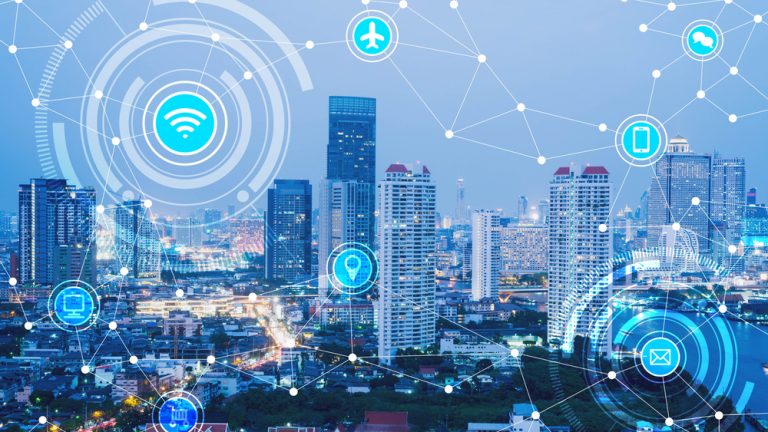The concept of Smart City was first proposed by IBM as a part of its Smarter Planet Initiative in 2008. So, what does the term ‘Smart City’ actually mean to us, according to the definition it is basically a designation given to a city that incorporates information and communication technologies (ICT) to enhance the quality and performance of urban services such as 24*7 electricity, water facility, robust IT connectivity, security of the citizens, energy, transportation and utilities in order to reduce resource consumption, wastage and overall costs.
But, how much of India’s population do really know the difference between a normal city and a smart city? To the majority of the population residing in India till now, the term ‘Smart city’ basically draws a picture of a city which contains a wishlist of infrastructure and services that describes the level of aspiration.
Smart City Mission is a program taken by the Govt of India to develop 100 cities across the country to make them citizen friendly and sustainable. A total of Rs 98000 crore has been approved by the Indian cabinet for the mission in 2016.
Top 20 cities have been shortlisted by the Ministry of Urban Development for this project in the first stage.
Gift City or the Gujrat International Finance Tec-City is India’s first operational smart city in the Ahmedabad metropolitan region. The project includes features like a district cooling system, underground utility tunnel, and automated vacuum waste collection. The city is designed for walkability and includes commercial and residential complexes.
Gift City’s Master plan includes for the 886 acres of land area to have approximately 110 buildings of which around 67% is commercial, 22% is for residential and 11% is social facilities.
There are some disadvantages too.
Some of them may include:
1. Very limited privacy as if there are cameras on every corner.
2. All digital systems that rely on electricity and software are very vulnerable to attacks.
3. Another big problem is the lack of information.
So, concluding that Smart Cities should be built as a part of developing country but this is not the exact right time of building it, as Govt should first give attention to the improvement and betterment of what we already have, before building anything.
Android Developer at Openweb Solutions






